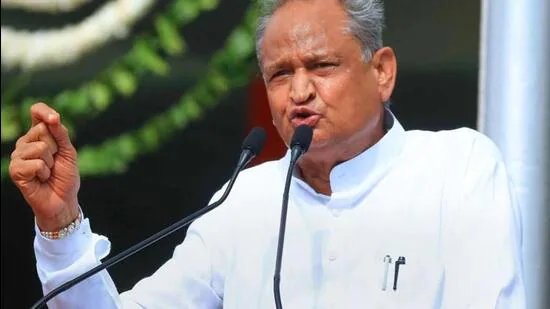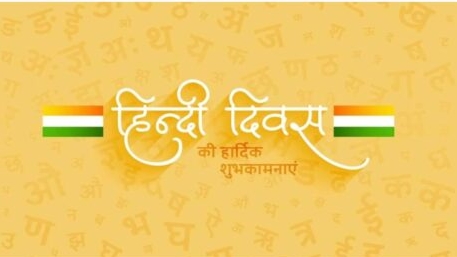Speculations are rife that senior leader and Rajasthan chief minister Ashok Gehlot could be in the fray for the party president post
Gehlot as Congress Prez?: List of non-Gandhi party presidents post Independence

With Sonia Gandhi reluctant to return as Congress president for another term owing to her health and son Rahul Gandhi also not too keen, a non-Gandhi could be considered for this post, something that has not happened in 23 years since Sonia Gandhi became Congress president in 1998.
Speculations are rife that senior leader and Rajasthan chief minister Ashok Gehlot could be in the fray for the party president post.
Gehlot, however, played down any such developments saying he himself heard about it from media reports doing the rounds.
We look at the non-Gandhi presidents post-Independence:
– 1948-1949: The first President of Congress party in independent India was Pattabhi Sitaraimayya who was a doctor by profession and was elected as the party chief of the Jaipur session. He was arrested in 1930 after breaking the Salt Law by leading volunteers to the sea-shore near Masulipatnam, Andhra Pradesh and making salt.
1950: Purushottam Das Tandon was one of the lead campaigners for Hindi to be India’s national language. An accomplished scholar of Urdu and Persian, he attributed the Hindu-Muslim problem in India to be a strategy implemented by the British government to rule in the country— “divide et impera”, meaning ‘divide and conquer’.
– 1960-1963: Neelam Sanjeeva Reddy, a prominent leader from Andhra Pradesh who went on to become the sixth President of India from 1977 to 1982, quit his studies in college to take part in the Civil Disobedience Movement in 1931.
– 1964-1967: K Kamaraj played a leading role in shaping India’s destiny from the passing away of Jawaharlal Nehru to the Congress split in 1969, according to the party’s website. He was given the Bharat Ratna award posthumously.
1968-1969: Siddavanalli Nijalingappa was a lawyer by profession who played a leading role in the unification of Karnataka and eventually became the state’s first chief minister. When the Congress split, he sided with the organisation front against the faction led by Indira Gandhi.
– 1970-1971: Jagjivan Ram also regarded as Babuji was of the view that Dalit leaders should not only fight for social reforms but also demand political representation. Inspired by Mahatma Gandhi, he got involved in the Civil Disobedience Movement and Satyagraha.
– 1972-1974: Shankar Dayal Sharma, who was also the President of India from 1992 to 1997, led the Indian delegation to the UNESCO Conference on primary and Secondary Education in Karachi, Pakistan in 1959.
– 1975-1977: Devankanta Barua, known for his ‘India is Indira, Indira is India’ remark, was a staunch loyalist but later joined the anti-Indira faction when the Congress split.
– 1992-1996: PV Narasimha Rao, also the ninth Prime Minister of India inherited an economy that was on the verge of an international default due to the collapse of the Soviet Union. He also oversaw the liberalisation of India’s economy.
1996-1998: Sitaram Kesri joined the freedom movement in Bihar as a 13-year-old child and eventually became a youth leader in his state. He later served as union minister while Indira Gandhi, Rajiv Gandhi and PV Narasimha Rao were in office. Kesri’s term as Congress President ended in high drama as he faced a coup by supporters of Sonia Gandhi.
Congress has called a virtual meeting of its highest executive body, the Congress Working Committee (CWC), on August 28 to approve dates for the election of the party’s next president.



